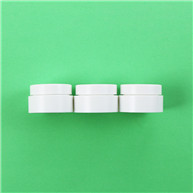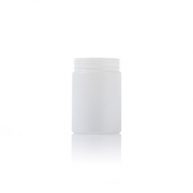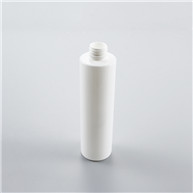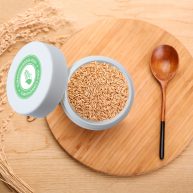Will degradation products of biodegradable plastics cause secondary environmental hazards after degradation?
Everyone is particularly concerned about whether the products of biodegradable plastics will cause secondary damage to the environment. Therefore, when the degradation performance of biodegradable plastics is required, the index of heavy metal content is increased and strict requirements are imposed.
| Extractable Metal |
limited Content /(mg/kg) |
| AS | ≤5 |
| Cd | ≤0.5 |
| Co | ≤38 |
| Cr | ≤50 |
| Cu | ≤50 |
| Ni | ≤25 |
| Mo | ≤1 |
| Pb | ≤50 |
| Se | ≤0.75 |
| Zn | ≤150 |
| Hg | ≤0.5 |
| F | ≤100 |
The compostable plastic compost after composting was tested for ecotoxicity including phytotoxicity test, earthworm toxicity test, etc.

biodegradable plastics
In addition to the degradation performance and heavy metal content regulations, the biodegradable biodegradable mulch in the soil has also been stipulated in the new international standards for ecological toxicity.
Therefore, from the current perspective, biodegradable plastics that meet the requirements of the standard will not cause secondary harm to the environment after degradation.
Sanle plastics is a biodegradable plastic bottle manufacturer and aim to deliver the eco-friendly plastic bottles all over the world. Here we studied about the degration situation of the PBAT material, and find out that they can be degrated completely in the nature. To learn more, please contact us.













